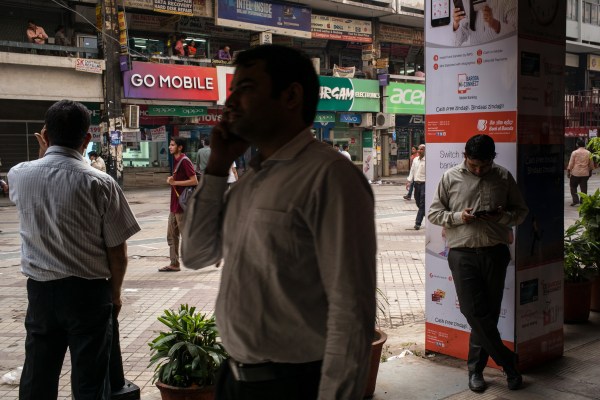
India is walking back on a recent AI advisory after receiving criticism from many local and global entrepreneurs and investors.
The Ministry of Electronics and IT shared an updated AI advisory with industry stakeholders on Friday that no longer asked them to take the government approval before launching or deploying an AI model to users in the South Asian market.
Under the revised guidelines, firms are instead advised to label under-tested and unreliable AI models to inform users of their potential fallibility or unreliability.
The revision follows India’s IT ministry receiving severe criticism earlier this month from many high-profile individuals. Martin Casado, a partner at venture firm Andreessen Horowitz, had called India’s move “a travesty.”
The March 1 advisory also marked a reversal from India’s previous hands-off approach to AI regulation. Less than a year ago, the ministry had declined to regulate AI growth, identifying the sector as vital to India’s strategic interests.
The new advisory, like the original earlier this month, hasn’t been published online, but TechCrunch has reviewed a copy of it.
The ministry said earlier this month that though the advisory wasn’t legally binding, it signals that it’s the “future of regulation” and that the government required compliance.
The advisory emphasizes that AI models should not be used to share unlawful content under Indian law and should not permit bias, discrimination, or threats to the integrity of the electoral process. Intermediaries are also advised to use “consent popups” or similar mechanisms to explicitly inform users about the unreliability of AI-generated output.
The ministry has retained its emphasis on ensuring that deepfakes and misinformation are easily identifiable, advising intermediaries to label or embed content with unique metadata or identifiers. It no longer requires firms to devise a technique to identify the “originator” of any particular message.
techcrunch.com




